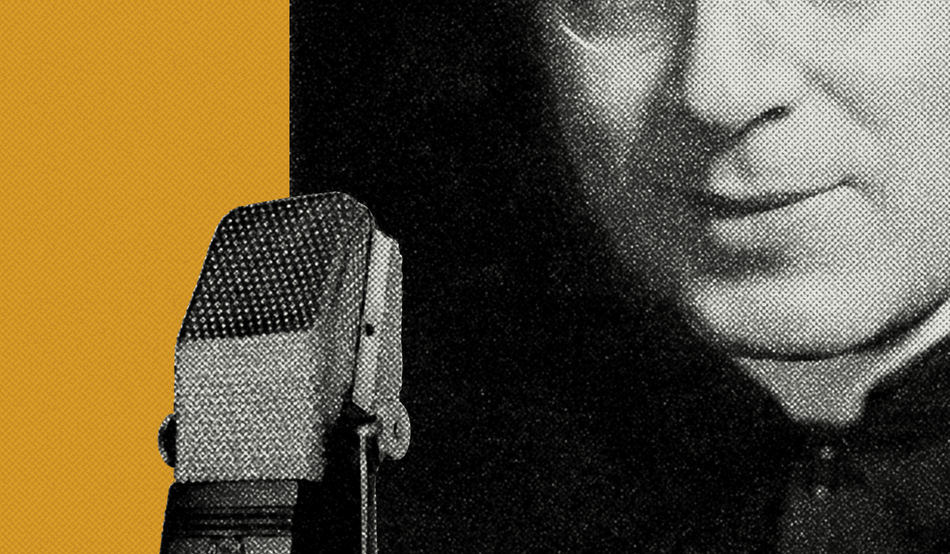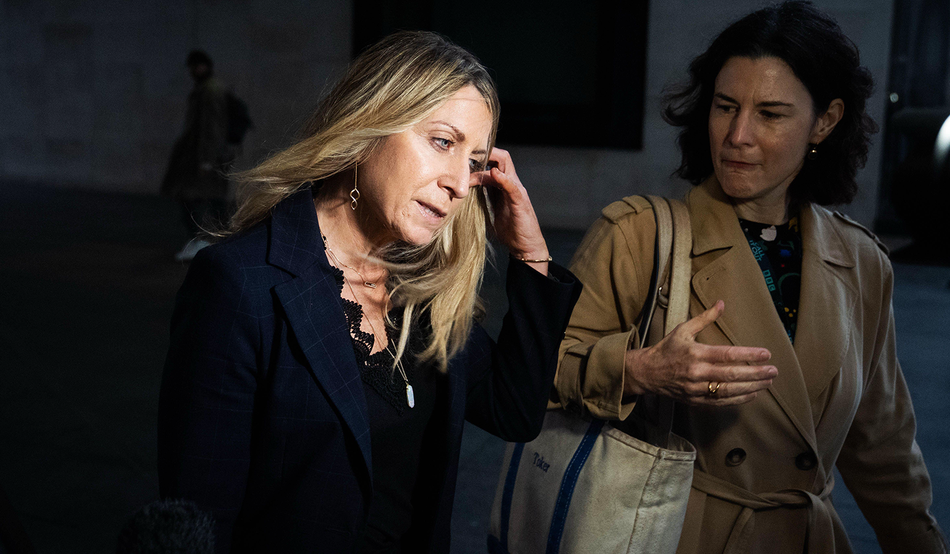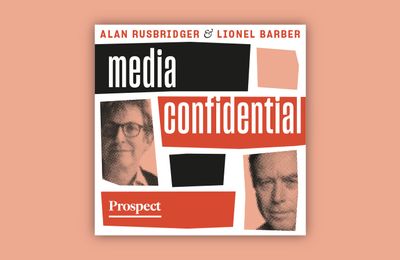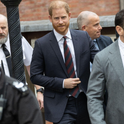During last year’s US presidential race, a leading TV broadcaster edited a clip in a way that Donald Trump considered so unfair that he sued. The broadcaster rejected Trump’s claim that it had done him any harm, and resolved to fight. But finally, CBS News handed the president a cool $16m to settle the dispute. Critics suggested that this might have had something to do with the network’s owner, Paramount, being eager to win government approval for a planned merger.
Today, the BBC finds itself in CBS News’ position. The edit now in question—cutting together two separate bits of Trump’s speech to the crowd that later marched on the Capitol on 6th January 2021—is less defensible than CBS’s shortening of Kamala Harris’ comments in an interview about Israel. The BBC has apologised for it; the director general and the head of news had already resigned. But, like CBS, our national broadcaster has rejected the notion it caused Trump harm. Nonetheless, he is still threatening to sue.
As ever, we are told that this particular BBC crisis is “existential”. But that raises the question of why the British Broadcasting Corporation came into existence in the first place. And a closer look at its foundation suggests that a battle with an American demagogue has been coming for a century.
The Corporation was created in 1927 out of the four-year-old British Broadcasting Company. At first the General Post Office, which looked after wireless broadcasting, had been concerned to avoid creating a monopoly. But that changed when its assistant secretary returned, horrified, from a visit to the United States, where rival commercial broadcasters—fully 346 by 1925—were already shouting over each other in the scramble for listeners. This very British reaction against the American cacophony chimed with the worldview of the BBC’s new young general manager, John Reith, who set his war-scarred face against the US system. A government-appointed committee of inquiry took the same view, and the Corporation was granted its first royal charter.
However, contrary to the suspicions of many Americans—forever alert for the spectre of tyranny—Britain’s new broadcasting organisation was not under state control. The UK was just becoming a mass democracy, and in the wake of recent revolution in Russia and establishment of a dictatorship in Italy, there was much concern about the supposedly malleable masses falling under the spell of radio propaganda. Reith’s goal was to build a broadcaster for the whole nation, which everyone could trust. The BBC was an example of that distinctive interwar creature: the public corporation, designed to be subject neither to the iron first of government nor the grabbing hands of the market. It had biases, for sure, but generally towards establishment caution.
America’s airwaves, on the other hand, were soon alive with the rantings of demagogues. By the end of the 1920s, the thunderous sermons of a Detroit-based priest called Charles Coughlin were so popular that they won him a nationwide deal with—well, as it happens, CBS. As the Great Depression bit, Father Coughlin became increasingly political, lambasting the evils of communism and capitalism alike. In April 1931, CBS decided he was too controversial, and stopped selling him airtime. So he simply put together his own network of independent stations, and his reach continued to grow. At his height, he was pulling in around 20m listeners every Sunday.
After his favoured third-party presidential candidate flopped in 1936, Coughlin’s antisemitism became more audible. In 1938, he defended the Nazi pogrom that became known as Kristallnacht, and stations began to cancel him. But, according to the extremism analyst Kenneth Stern, “Coughlin built ratings on the criticism,” painting himself “as the victim of unfair attacks by an evil conspiracy designed to deprive Americans of truth”. Finally, in 1939, America’s National Association of Broadcasters pointedly revised its standards code to allow “the spokesman of a controversial public issue” airtime only as part of “a series of fair-sided discussions”.
This moved the US approach closer to the UK’s. Unlike Coughlin, the British Union of Fascists leader Oswald Mosley had not been able to buy weekly airtime to push conspiracy theories about “the Jews”.
The Second World War finally did for Coughlin’s radio career, and afterwards, the federal government made on-air balance mandatory through the 1949 Fairness Doctrine, enforced by the Federal Communications Commission (FCC). This required broadcasters to give issues fair and balanced coverage, and to allow a free right of reply to personal attacks.
The doctrine was no panacea, any more than the BBC’s eternal striving for perfect impartiality is, but it did constrain the extremes. As Whitney Phillips and Mark Brockway note in their book The Shadow Gospel, if “right-wing broadcasters were disproportionately impacted” by the Fairness Doctrine, it was because they were “in disproportionate violation”. It did not ban new radical right radio preachers like Billy James Hargis, but it empowered their opponents. And after the doctrine was tightened in 1967, controversial programming became both more risky and potentially more costly for stations, incentivising them to drop anyone too extreme.
This, though, gave the right cause to cry “censorship!”, particularly as the wider postwar settlement broke down through the 1970s, and demand for right-wing broadcasting rose. Under President Carter, the FCC gave up enforcing the doctrine, and in 1987, it was formally laid to rest by President Reagan. Forty years earlier, as a young liberal actor, Reagan had gone on air to denounce the resurgent Ku Klux Klan. As an elderly conservative, he remained critical of the Klan but was ready to trust the market to keep the extremes at bay.
Broadcasting in the 1990s started to sound rather more like it had in the 1930s, as hyper-aggressive right-wing talk radio stars like Rush Limbaugh took advantage of the doctrine’s demise to stoke listeners’ rage against “feminazis”, the Clintons and the mockery of conservative beliefs, and to champion the nativist presidential candidate Pat Buchanan. On television, the death of the Fairness Doctrine and the fragmentation of the media landscape laid the ground for the creation of Fox News.
It is this tradition—from Coughlin, through Hargis, to Limbaugh and Fox—to which that other consummate channel of pent-up American resentment, Donald Trump, belongs. Much as he plays on real anxieties, it is hard to imagine his politics working so well without so much similar lie-strewn rhetoric having been pumped out daily without challenge. So the fact that he is now threatening to sue the BBC, which for all its faults has spent a century trying to be fair and tell the truth, makes a weird, bleak sort of sense. After all, he has already gutted the funding of its nearest American cousins, PBS and NPR.
And so, to be true to its founding, the BBC should hold the line. Unlike CBS, it doesn’t have a private owner who needs to keep the US government sweet. It is the property of the British nation. As Prospect editor Alan Rusbridger puts it, the Corporation should tell the president it will see him in court. Or to put it another way, as someone else once said, it should fight like hell.













